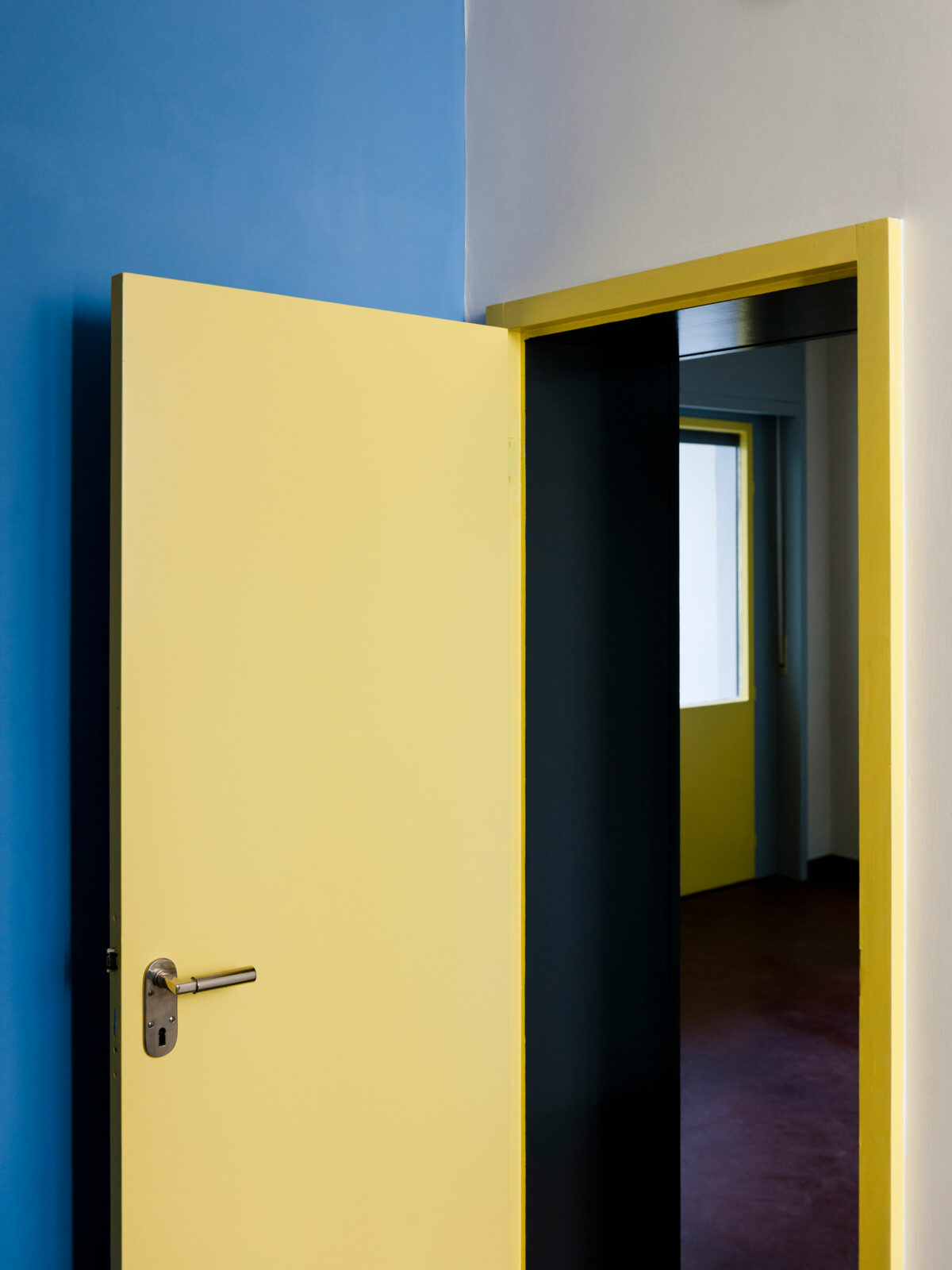The Bauhaus Dessau Foundation would like to thank its sponsors and partners:
Institutional donors
The Bauhaus Dessau Foundation is a non-profit foundation under public law. It is funded by the State of Saxony-Anhalt, the German Federal Government Commissioner for Culture and the Media, and the city of Dessau-Roßlau.
Partners
Anhaltischer Kunstverein Dessau e.V.
Anhaltisches Theater Dessau
baudenkmal bundesschule bernau e.V.
Bauhaus-Archiv Berlin / Museum für Gestaltung
Biosphärenreservat Mittelelbe
Deutsche Zentrale für Tourismus (DZT)
Gmund Papier
Goethe Institut
Hochschule Anhalt
Humboldt-Universität zu Berlin, Exzellenz Cluster Bild Wissen Gestaltung
Investitions- und Marketinggesellschaft Sachsen-Anhalt
Klassik Stiftung Weimar
Kreis der Freunde des Bauhauses e.V.
Kulturstiftung Dessau-Wörlitz
Kunststiftung Sachsen-Anhalt
Kunsthalle Erfurt
Kunstmuseum Ahrenshoop
Kunstmuseum Moritzburg Halle an der Saale
KVADRAT
Kurt-Weill-Gesellschaft e.V.
MDR Kultur (cultural partner)
Rathauscenter Dessau
Stadtmarketinggesellschaft Dessau-Roßlau mbH
Stiftung Luthergedenkstätten Sachsen-Anhalt
Technikmuseum Hugo Junkers
The Josef and Anni Albers Foundation, Connecticut (USA)
The Moholy-Nagy-Foundation, Ann Arbor (USA)
Welterberegion Anhalt, Wittenberg, Dessau
Zentrum Paul Klee, Bern (Schweiz)
Network
Bauhaus Kooperation
DOCOMOMO
Konferenz Nationaler Kultureinrichtungen (KNK)
Das Sachsen-Anhalt Projekt/Neues Europäisches Bauhaus
UNESCO-Welterbestätten e.V.
WelterbeRegion Anhalt-Dessau-Wittenberg e.V.
